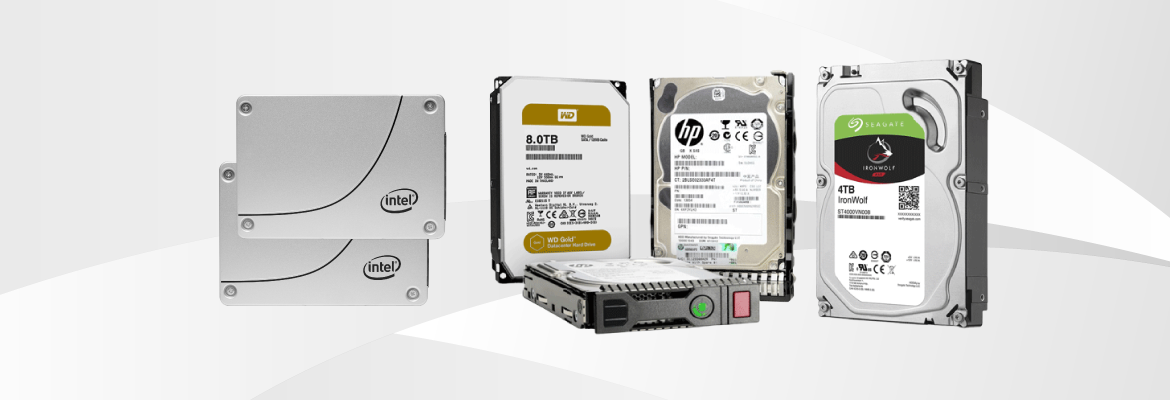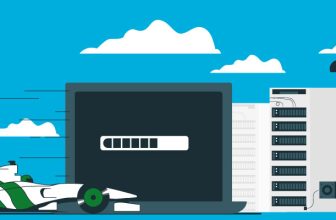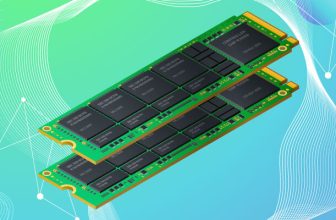Hard Disk Drive Vs Solid State Drive – An In-Depth Comparison

What Is An HDD?
How Does It Work?
Pros And Cons Of HDD
Pros
- HDDs are a popular choice for storage as they have many benefits associated with them
- HDDs are more affordable than SSDs having the same storage capacities.
- They come with a higher base storage capacity when compared to HDDs.
- They are more easily available in the market, being a legacy technology.
- They have better longevity due to their higher read-write cycles.
Cons
- HDDs have certain limitations also
- HDDs have larger form factors due to the presence of moving parts
- They have lower read-write speeds than SSDs
- They do not support energy efficiency as they consume more power
- The rotation and movements of the moving parts of HDDs create vibrations and mechanical noises which are disturbing
- They are more vulnerable to physical damages than SSDs
What Is An SSD?
A solid-state drive (SSD) does not have any moving parts, hence the name ‘solid state’. SSDs use semiconductors for storing information while they change the electrical state of very small capacitors present in them. They store data in their integrated circuits.
How Does It Help Your Workflows?
SSDs have four times faster transfer rate than HDDs. They use non-volatile storage to store data persistently on flash memory. NVMe SSDs have speed almost ten times better than HDDs. All these features of SSDs make the applications work with superior speed which improves all the workflows. They also make the systems boot up fast.
Pros And Cons Of SSD
Pros
- SSDs offer many advantages
- SSD provide access speed of 35 to 100 microseconds, resulting in around 100 times better performance than HDDs
- The parts of SSDs are lightweight and so mobile friendly and suitable for portable devices of people who constantly travel
- SSDs are very durable and highly resistant
- They provide better reliability as they use flash memory to store data
Cons
- SSDs have some drawbacks also
- SSDs are more expensive than HDDs
- SSDs can write, erase, and rewrite data onto a portion for a limited number of times only
- They have limitations to their maximum capacity. However, advancements in flash memory can increase their storage capacity
Common Factors In HDD And SSD
Both HDDs and SSDs help you store your digital data by providing reasonably good capacities. Both offer some exclusive features and benefits that can cater to your specific needs.
Key Differences Between HDD And SSD
- You can fulfil your storage needs in a lower budget with an HDD. SSD comes at a higher price
- HDD is bulkier and takes more space whereas an SSD is lighter in weight and is portable
- An SSD offers lower latency than HDD
- An SSD can support more I/O operations per second than HDD
- HDD can provide a variety of storage capacities; SSD gives limited options
- HDD provides longer read and write time for data but at slower speed, while SSD has shorter read and write time but does it faster
Which One Is The Best?
Both HDDs and SSDs have their benefits and drawbacks. You need to choose between the two according to your needs. If you need larger storage capacity at an affordable price, but your work can adjust with latency issues, you can opt for an HDD. If you can work around with limited storage capacity but are ready to pay a higher price for performance, an SSD is the best choice for you.





